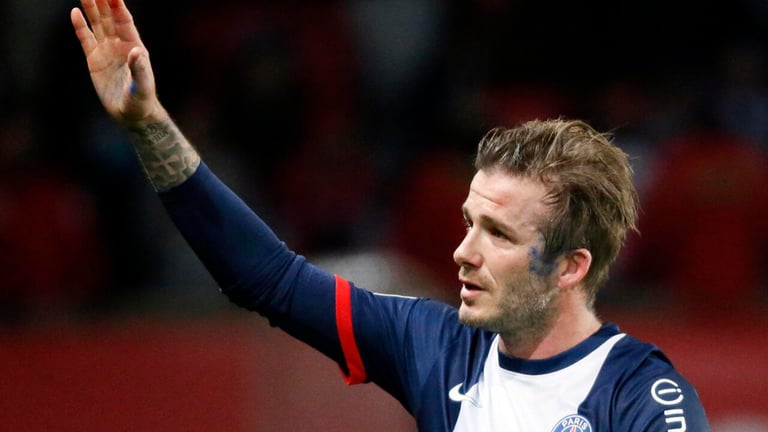The Crucial Role of Sport Psychology in Retirement from Sport
A brief explanation on the role Sport Psychology can play during retirement.
Dan Lockwood
10/1/20242 min read


Understanding the Transition: The Psychological Challenges of Leaving Sport
Retirement from sport is a pivotal phase in an athlete's life, marking the end of a career that often spans decades. This transition brings about a plethora of psychological challenges, starting with a profound loss of identity. Athletes, particularly those who have dedicated their lives to training and competing, frequently define themselves by their sport. When that defining element is gone, they can experience a void, struggling to understand who they are beyond their athletic achievements.
Depression and anxiety are common psychological repercussions of retiring from sport. The sudden shift from a highly structured and goal-oriented lifestyle to an unstructured reality can create feelings of purposelessness. These emotional states are compounded by the fear of the unknown, as many retirees grapple with uncertainty about their future careers and paths.
An athlete's daily routine undergoes significant alterations post-retirement. The rigor and discipline ingrained in their daily lives are replaced with a more flexible schedule, which can lead to disorientation and restlessness. Additionally, the support system that comes with being part of a team or athletic community often dissipates, resulting in social isolation. Maintaining mental well-being requires rebuilding these networks in a new context, which can be a slow and challenging process.
Consider the case of former Olympic swimmer Michael Phelps, who openly discussed his struggles with depression and loss of identity following his retirement. Such real-life accounts spotlight the severity and pervasiveness of these psychological issues among athletes, reinforcing the necessity of addressing mental health during this transition.
The psychological aspects of transitioning out of a sports career are critical for ensuring a smooth adjustment. Effective coping strategies and mental health support can help athletes navigate these challenges and find fulfilment beyond their sporting endeavours. Understanding and addressing these issues is vital for promoting long-term well-being and resilience among retired athletes.
The transition from active competition to retirement can be a challenging phase for athletes. Sport psychology plays a vital role in supporting athletes through this change, largely by employing a variety of strategies and therapeutic approaches. Cognitive-behavioural therapy (CBT) is often utilised to help athletes reframe their thoughts and behaviours, facilitating a positive mindset towards retirement. By addressing patterns of negative thinking, CBT can assist athletes in managing stress and anxiety related to their departure from competitive sports.
Mindfulness techniques also play a key role in this transition. Mindfulness helps athletes stay present and focused, reducing the emotional upheaval that can accompany retirement. By practicing mindfulness, athletes can better manage their emotions and develop a sense of peace and acceptance about their new phase of life.
Motivational interviewing is another crucial approach used by sport psychologists. This technique involves guiding athletes to find their intrinsic motivations and set new goals for the future. Through motivational interviewing, sport psychologists can help athletes identify their strengths and interests, paving the way for new career paths and personal growth opportunities post-retirement.
Early intervention is essential for a smooth transition into retirement. Athletes who receive psychological support early in their careers are better prepared mentally for the eventual shift away from their sports. This proactive approach helps in building resilience and developing coping strategies long before the challenges of retirement arise.
Ongoing psychological support is equally important. Personalized care plans are crafted to address individual needs, ensuring that each athlete receives tailored guidance. Resources such as workshops, support groups, and career development services further enable athletes to build new identities and embark on fulfilling career paths after retirement. Through these comprehensive measures, sport psychology offers crucial support, empowering athletes to navigate the complexities of retirement with confidence and clarity.
CREDIT: AFP IMageforum



